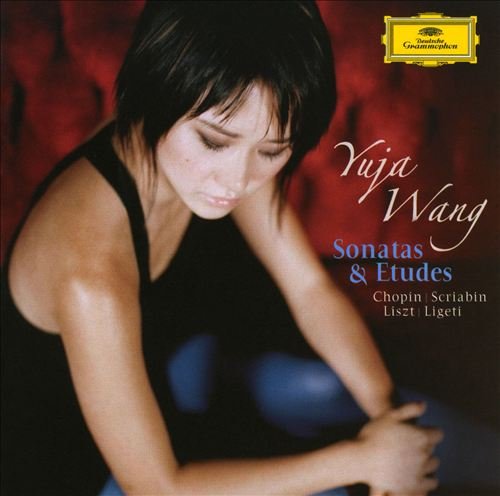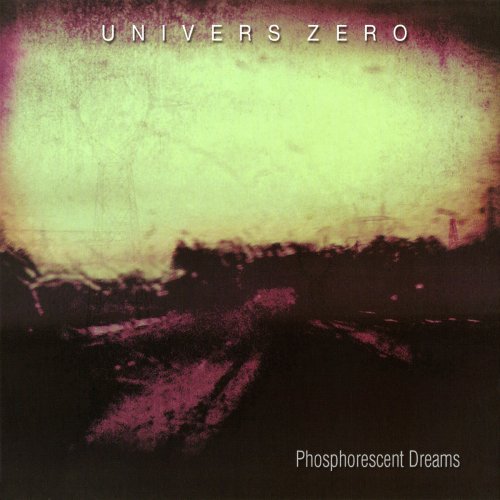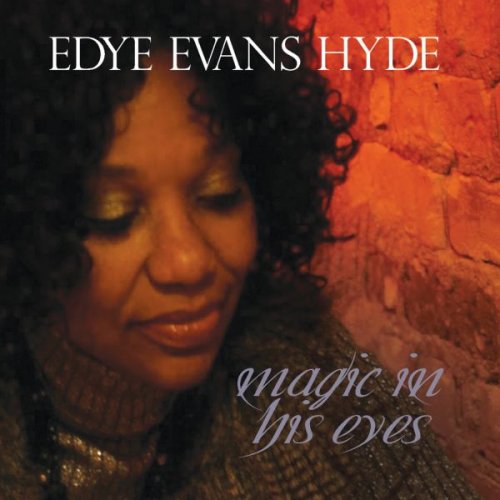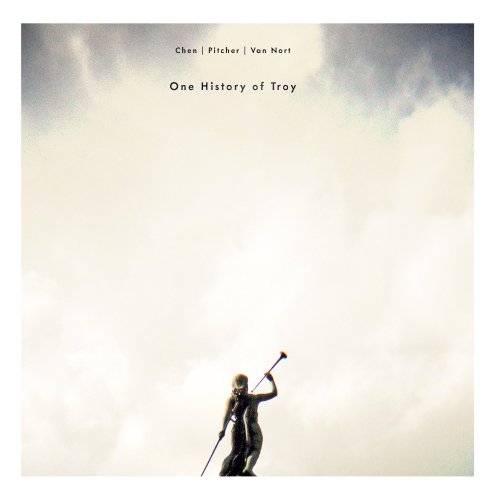Yuja Wang - Sonatas & Etudes: Chopin, Ligeti, Scriabin, Liszt (2009)

Artist: Yuja Wang
Title: Sonatas & Etudes: Chopin, Ligeti, Scriabin, Liszt
Year Of Release: 2009
Label: Deutsche Grammophon
Genre: Classical
Quality: FLAC (tracks+.cue,log,scans)
Total Time: 74:16
Total Size: 316 mb
WebSite: Album Preview
Tracklist: Title: Sonatas & Etudes: Chopin, Ligeti, Scriabin, Liszt
Year Of Release: 2009
Label: Deutsche Grammophon
Genre: Classical
Quality: FLAC (tracks+.cue,log,scans)
Total Time: 74:16
Total Size: 316 mb
WebSite: Album Preview
Frederic Chopin - Piano Sonata No.2 in B flat minor, Op.35
01. 1. Grave - Doppio movimento (7:50)
02. 2. Scherzo (6:49)
03. 3. Marche funebre: Lento (8:25)
04. 4. Finale: Presto (1:38)
Giorgy Ligeti
05. Etude 4: Fanfares (3:43)
Alexander Scriabin - Piano Sonata No.2 in G sharp minor, Op.19
06. 1. Andante (8:18)
07. 2. Presto (4:03)
Giorgy Ligeti
08. Etude 10: The Sorcerer's Apprentice (2:17)
Franz Liszt - Piano Sonata in B minor, S 178
09. 1. Lento assai - Allegro energico - Grandioso - Recitativo - (12:24)
10. 2. Andante sostenuto - (7:45)
11. 3. Allegro energico - Andante sostenuto - Lento assai (11:04)
Performers:
Yuja Wang – piano
Yuja Wang is Chinese and, at the time of this recording, all of 22 years of age. It's a great age to be if you're a rock & roller or a techno geek, and we're not suggesting by saying so that a classical pianist should mature more before he or she records; there is ample evidence to the contrary to be found throughout the history of recorded pianism. Wang, though, has more than the bloom of youth to her credit; she has fingers of steel, a ferocious technique, energy, and speed to burn. One would love to see her let loose on some Prokofiev or Bartók, and in the two Ligeti etudes included on her Deutsche Grammophon debut Sonatas & Etudes, Wang is superb. However, these are appetizers rather than the entrées, which are Chopin's Piano Sonata No. 2 in B minor (containing the famous "Funeral March"), Scriabin's Piano Sonata No. 2 in G sharp minor, and the B minor Sonata of Liszt. Wang dives into the first thematic statement of the first movement of the Chopin and begins twirling it around with an almost sewing machine-like gyration and the slightly syncopated figure within moves to the fore, though one could argue that she leaves the actual theme behind. Her "Funeral March" may be the fastest rendition since Arthur Friedheim tried to cram two-thirds of the movement onto a single 78 side in 1912. The Liszt is executed with such an exaggerated sense of attack that it almost sounds like Bartók. The Scriabin is more reserved, but the opening is somewhat lacking in lyricism, though it impresses by virtue of her command of its technical challenges; passagework in the far registers of the keyboard spray outward in an almost psychedelic fashion.
Yuja Wang states in the notes, "Tradition (...) is really a Jungian archetype. Everyone somehow unconsciously knows that there is something that must be done with a piece or in life. It's collective." No one can blame Wang for wanting to try out familiar romantic literature with an essentially twenty first century technique, which in Wang's case is secure; her playing is always dazzling no matter what she puts her hands to. Moreover, if one is a young listener with little baggage to bring in with these works, then Wang might very well rise to the top of that listener's hit list. Nevertheless, romantic tradition is not "unconscious;" it's a tactile phenomenon that runs back to the time when these pieces were first played; whether or not one believes romantic keyboard tradition is a Jungian archetype or not, it belongs in the Liszt B minor, and in the "Funeral March" sonata of Chopin. The first movement of the Chopin here is so far off the mark in comparison to the usual interpretation that it is almost unrecognizable; if it increased one's depth of experience in this sonata then it would be a true revelation, but when Wang moves on to the next section you feel like she's just cleared the "Jump Hang" in Ninja Warrior. In terms of technical ability, Wang's like a hot fudge sundae, but as to emotion and expression, she seems more like a green banana, at least in Chopin and Liszt. Can the Prokofiev and Bartók be far behind? That kind of a program would have been a better choice for Yuja Wang's debut.
Yuja Wang states in the notes, "Tradition (...) is really a Jungian archetype. Everyone somehow unconsciously knows that there is something that must be done with a piece or in life. It's collective." No one can blame Wang for wanting to try out familiar romantic literature with an essentially twenty first century technique, which in Wang's case is secure; her playing is always dazzling no matter what she puts her hands to. Moreover, if one is a young listener with little baggage to bring in with these works, then Wang might very well rise to the top of that listener's hit list. Nevertheless, romantic tradition is not "unconscious;" it's a tactile phenomenon that runs back to the time when these pieces were first played; whether or not one believes romantic keyboard tradition is a Jungian archetype or not, it belongs in the Liszt B minor, and in the "Funeral March" sonata of Chopin. The first movement of the Chopin here is so far off the mark in comparison to the usual interpretation that it is almost unrecognizable; if it increased one's depth of experience in this sonata then it would be a true revelation, but when Wang moves on to the next section you feel like she's just cleared the "Jump Hang" in Ninja Warrior. In terms of technical ability, Wang's like a hot fudge sundae, but as to emotion and expression, she seems more like a green banana, at least in Chopin and Liszt. Can the Prokofiev and Bartók be far behind? That kind of a program would have been a better choice for Yuja Wang's debut.

![Jon Henriksson, Pelle von Bülow, Rasmus Holm - Monkurt (2026) [Hi-Res] Jon Henriksson, Pelle von Bülow, Rasmus Holm - Monkurt (2026) [Hi-Res]](https://img.israbox.com/img/2026-02/15/ja2eavgnqk7dn4c3l9myzfk37.jpg)




![Kento Tsubosaka - Lines (2026) [Hi-Res] Kento Tsubosaka - Lines (2026) [Hi-Res]](https://www.dibpic.com/uploads/posts/2026-02/1771391986_zw4gprxc9nex6_600.jpg)

